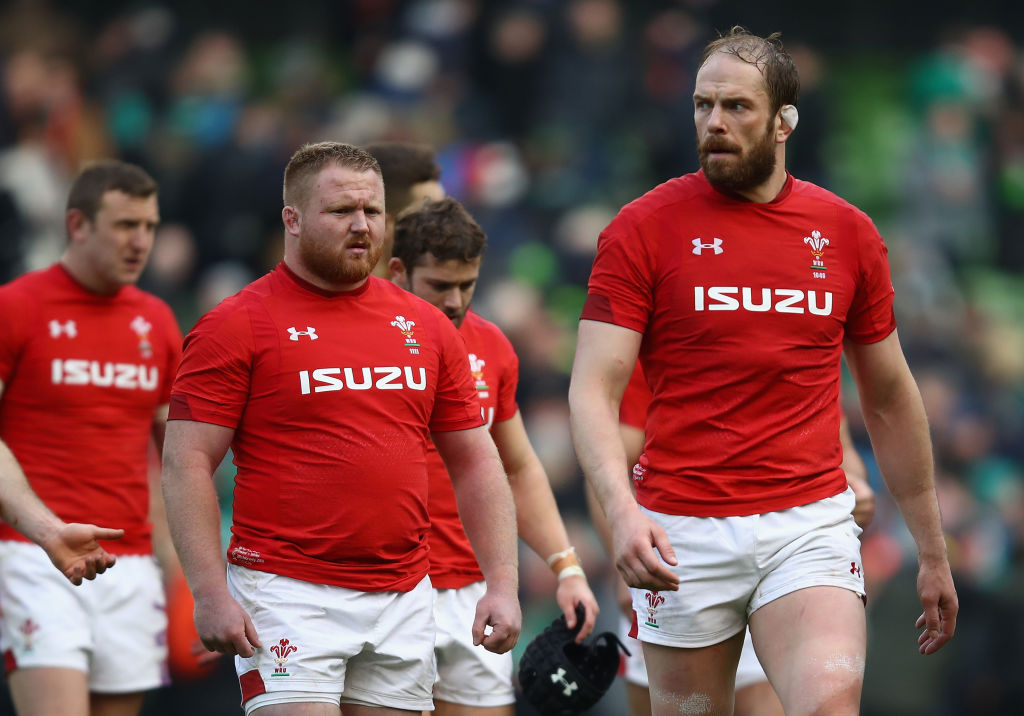
By Shane Williams
One of the biggest sins in rugby is to fail to learn from your mistakes. In Dublin, Wales committed that cardinal error by again not playing for the full 80 minutes.
Against England at Twickenham, Warren Gatland‘s side produced the goods in fits and patches, but not on a consistent basis and it was the same at the Aviva Stadium in the game with Ireland.
A second straight defeat means Wales’ Six Nations title hopes are over for another year and if I’m honest, I was pretty disappointed at both the result and the overall performance.
It was bitty, if I can put it that way, and at international level, that’s simply not good enough. I wrote after the England match that unless Wales stay concentrated for the entire game, they will continue to struggle for consistency and will not beat the best sides in the world.
I don’t like to repeat myself, but in this case I have to because it’s just so important. Wales won’t progress or learn until they rectify the mistakes they’re making. It’s time to wake up.
So, what did I make of the Ireland game? It’s hard to know where to start and while there were a handful of positives – more of those later – the brutal truth is Wales were second best.
The players and Warren himself will know they didn’t deserve to win and if Johnny Sexton hadn’t left his kicking boots at home, Ireland would have won by more. I actually thought a 10-point defeat flattered Wales because the margin of victory could have been much, much bigger.
If it had been, I don’t think that would have been unfair on Ireland.
One key area which I thought was absolutely vital was the breakdown. Our back-row have done well so far this season, but Ireland bullied Wales at the contact area. It was a lesson.
Guys like Cian Healy, Dan Leavy, CJ Stander and Peter O’Mahony were excellent there and Wales simply couldn’t compete.
Ireland’s dominance of the collisions meant they looked dangerous whenever they got the ball and when they were in the Welsh 22, you always felt points were coming. Sadly, that proved to be the case and it was no coincidence that Bundee Aki, Leavy and Healy all crossed for close-range tries. That showed Ireland had the edge in the power game.
Because they were dominant physically, Ireland were able to dominate territory and possession too and at times during the match, the statistics didn’t make pretty reading for Wales.
When you play without the ball for such long periods and are stuck in the wrong parts of the field, you can’t expect to win games of international rugby. It’s as simple as that.
Now, on to a few positives, because there were some.
Wales did look dangerous with ball in hand and we scored three nice tries from attacks. Sadly, it wasn’t enough to come out on top. Playing an expansive game does suit Wales and whenever we threw the ball around, we looked lively. That was especially the case whenever we got the ball outside the 13 channel. The problem was that Ireland’s physical dominance and stranglehold up front – combined with some pretty decent line speed – meant that didn’t happen very often.
It was hard to pick out too many Wales players who stood out, but I’ll mention one man. Josh Navidi has been absolutely superb since the autumn. He tackles everything, is always working at the breakdown and is excellent in defence and whenever there’s a sniff of a turnover.
He did all that against Ireland, but what impressed me the most was the two try-scoring passes he gave to Aaron Shingler and Steffan Evans. They might have looked simple and for a back they would have been, but Josh showed nice hands to put his team-mates away. That proved to me he is really working on his attack and trying to become a more complete player.
Now any hope of winning the Six Nations is over, Warren has admitted he’ll make some changes for the game with Italy. I think that’s the right idea, but I’d be worried about making eight or nine.
In my opinion, I’d keep any changes to three or four maximum.
I thought George North again looked lively when he came off the bench and I think he has to start against the Azzurri. Who knows, George might even be an option at outside centre.
Now that would be exciting!
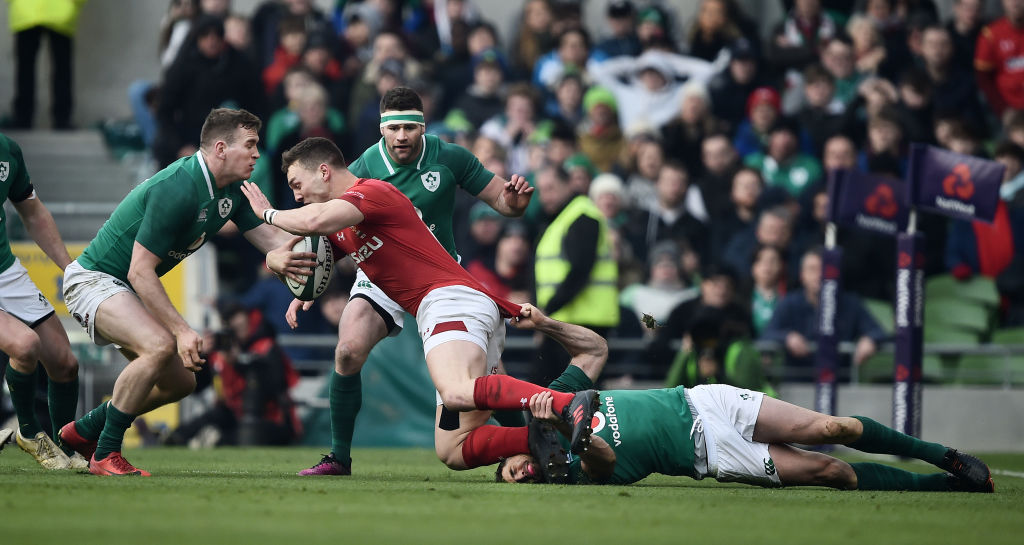
Plan B: George North sucks in defenders as Wales look to attack at the Aviva Stadium (Photo: Charles McQuillan/Getty Images)
Other than that, I’m not sure who else Warren might consider. Looking at young players who might get a chance, Seb Davies is an option at lock, perhaps in place of Cory Hill and maybe Elliot Dee and Wyn Jones in the front row could start. Italy’s front five would be a good test!
In the backs, I’d keep things pretty similar. I’m sure there will be more clamour for Gareth Anscombe to start at fly-half. Against England and Ireland he’s moved into 10 and played well, even though it was his pass which was intercepted by Jacob Stockdale for the last of Ireland’s five scores. Gareth offers something different in attack, but I can’t see him beginning against Italy. Dan Biggar has only just returned and he needs more time to get used to Wales’ new style of play and working with the majority of the Scarlets players who make up the backline.
Another reason not to play a totally second-string is that it’s vital to respect the Six Nations as a competition. Yes, Wales can’t win the title and, yes, the bigger picture is the World Cup, but the Six Nations is the Northern Hemisphere’s premier competition and Wales must pay it due service.
I’m sure Warren will do that because there is still plenty of pride – not to mention money – at stake in finishing as high as possible. The regret Wales will have, though, is they can’t now top the pile. England’s shock defeat to Scotland means the title is now open with only Ireland on for a Grand Slam. Had Wales won in Dublin, it would have been on again.
Instead we had another defeat and again, we’re left with a feeling of what might have been.

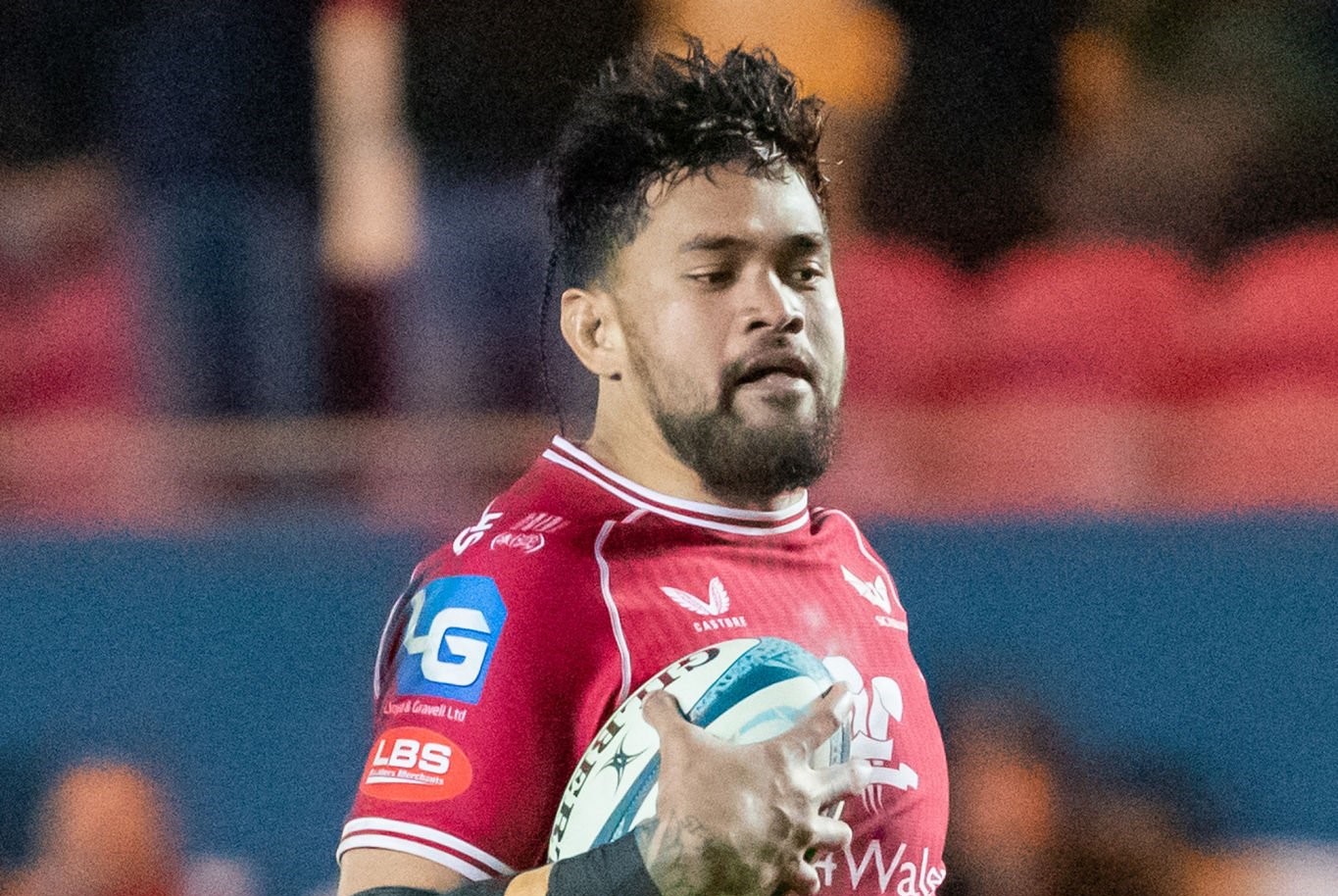
United Rugby Championship
Vaea Fifita’s commanding presence has Scarlets pushing for URC play-off spot
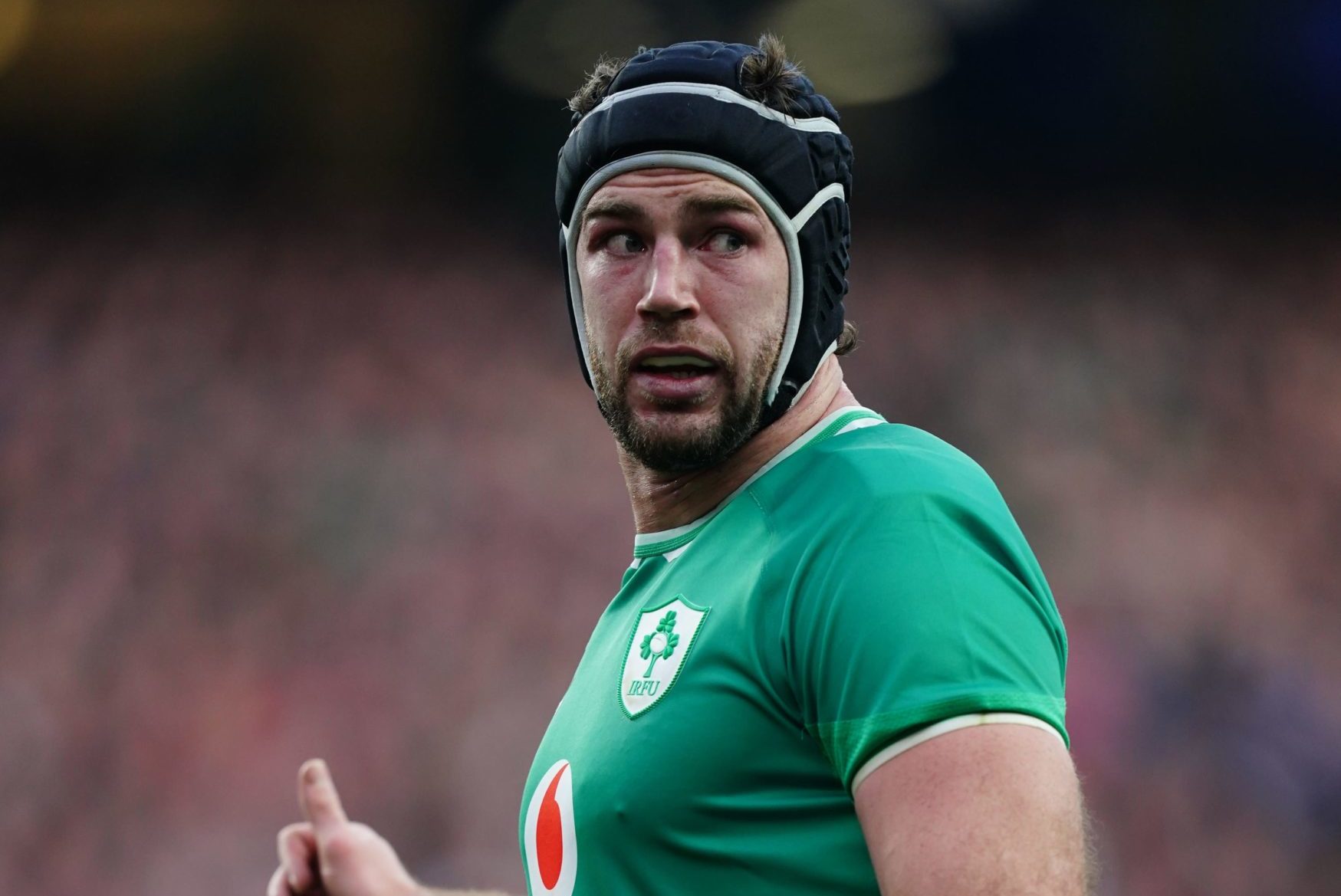
British and Irish Lions
British and Irish Lions Watch: Caelan Doris confirmed to miss the tour with injury

















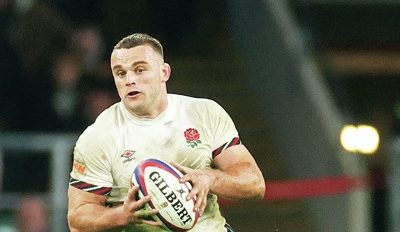

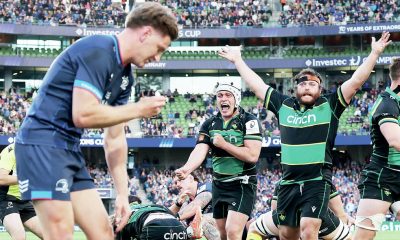

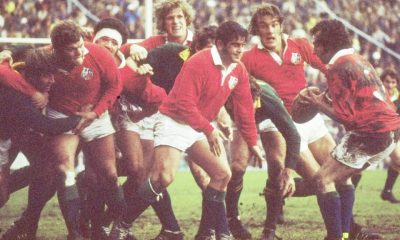




You must be logged in to post a comment Login